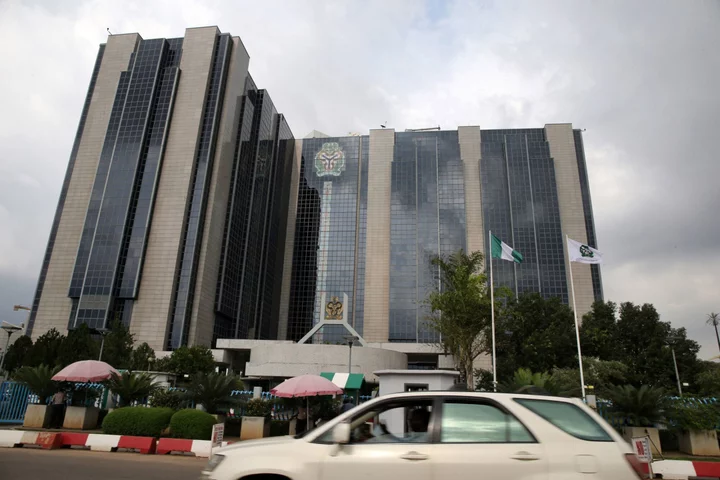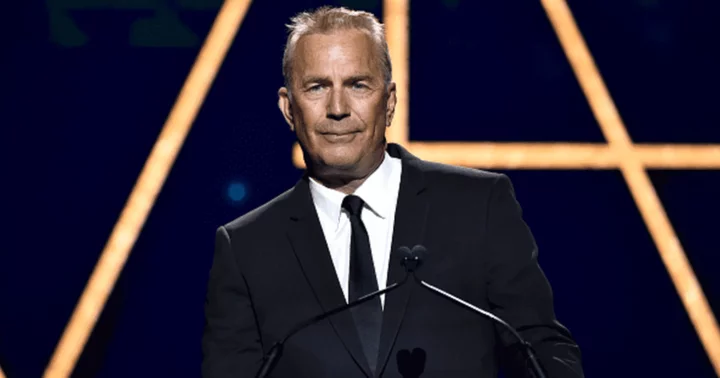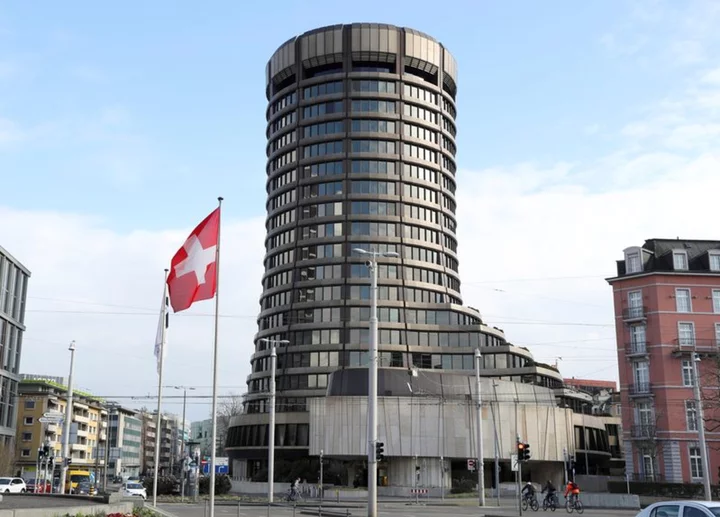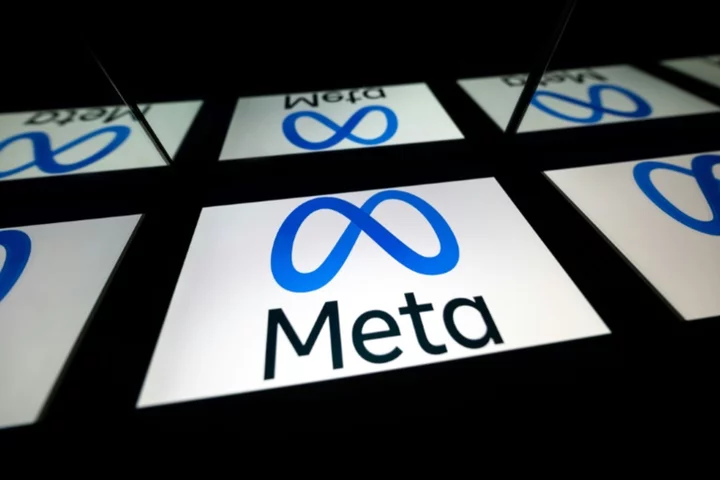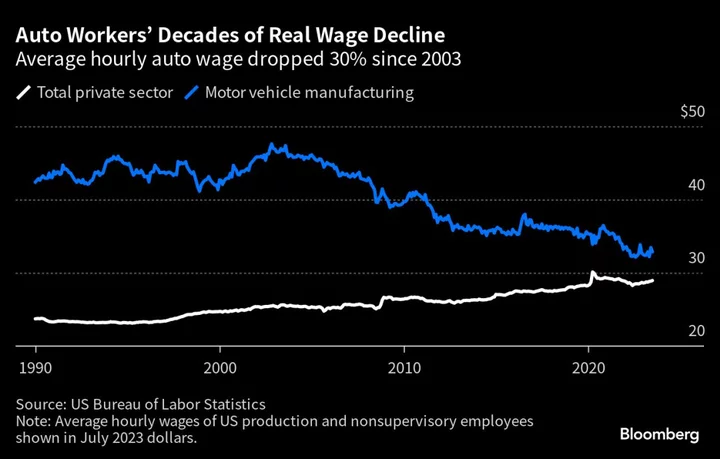The naira closed weaker than the unauthorized market on Monday for the first time since the central bank allowed lenders to freely determine the price of Nigeria’s currency.
The naira weakened 16% to 770.38 to the dollar at the close of trade on Monday, according to the website of the FMDQ Exchange where the currency is traded.
That compares with 756 in the parallel market on Tuesday morning, according to Abubakar Mohammed, chief executive officer of Forward Marketing bureau de change Ltd in Lagos who compiles the parallel market data. “I see a situation where the parallel market rate will be cheaper than the I&E rate if adequate liquidity is provided at that window,” Mohammed said.
The naira weakened as much as 29% on June 14 after the central bank lifted its controls and then briefly recovered, remaining volatile since then.
“We are allowing the market itself to set a price,” Deputy Governor Kingsley Obiora said in an interview in Rabat, Morocco on Monday.
The central bank plans to announce further measures to loosen foreign exchange controls “in the next couple of weeks” Obiora said.
Nigeria has seen a rash of reforms since President Bola Tinubu was sworn in last month to replace Muhammadu Buhari, who pursued unorthodox economic policies in his eight years in power. The tight controls that the central bank earlier had in place had resulted in an almost 60% spread between the official and a parallel market rate of the currency.
Managed Float
Still, Nigeria is not going to set the currency totally free even now, Obiora said.
“There is no country in the world, even the US, that has a completely free float,” he said. The central bank will continue to pursue a managed float, Obiora said.
It may be too early to determine if the naira’s exchange rate to the dollar has bottomed out, Obiora said. He pointed to analysis done by the International Monetary Fund and international banks, which correctly suggested that the naira should not be as weak as the parallel market indicated, he said.
Obiora expects that the supply of foreign exchange will eventually be unlocked once the price of the dollar reaches a level that both buyers and sellers consider “fair.”
Tinubu’s early decisions since becoming president have caught the attention of investors after he scrapped fuel subsidies that cost $10 billion last year and removed the central bank governor who had been seen as the architect of the earlier unorthodox policies. Dollar bonds have gained and the stock market jumped to a 15-year high as a result of the changes.
The removal of subsidies, along with the convergence of the exchange rates will drive economic growth, especially from next year when the policies start making an impact, Obiora said.
“I completely expect us to do 5% to 6% growth next year,” he said. “Over the next four years, you may see the GDP approach something like $600 billion to $700 billion.”
--With assistance from Anthony Osae-Brown.
(Adds naira exchange rate in the official and parallel markets and comment from currency trader)

